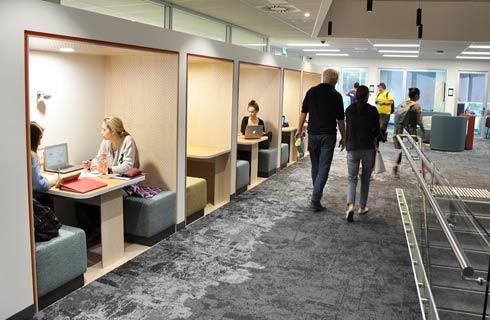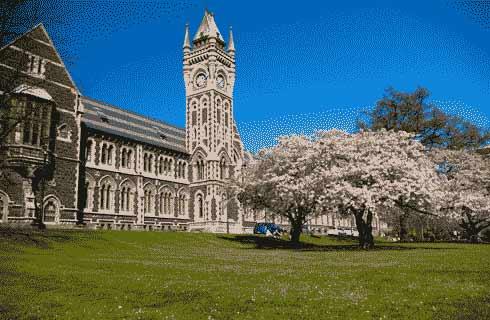课程简介
The doctoral program in Iberian and Latin American Languages and Cultures includes three areas of study, or tracks, which share the same five-year structure. These tracks are: 1) Iberian and Latin American Literatures and Cultures, 2) Luso-Brazilian Cultural and Media Studies and, 3) Iberian and Latin American Linguistics.<br><br>The Iberian and Latin American Literatures and Cultures track addresses the broad range of linguistic and cultural contacts that currently comprise our field. This track allows students to complete their primary coursework in Spanish, with a focus that may include the multiple languages and cultures of Latin America (including the US), Spain, the Caribbean, Africa or Asia, or related diasporas. Students will then choose a specialization in the literature and culture of a second language relevant to their research. This could be Portuguese, Nahuatl, a Mayan language, French, Arabic, Hebrew, Yiddish, Yoruba, a Creole language, etc.<br><br>The Luso-Brazilian Cultural and Media Studies track, is designed for students who wish to acquire the cultural capital and critical thinking skills crucial to a global understanding of Brazil, Portugal, and the Portuguese-speaking populations of Africa and Asia. While also addressing a range of media and cultural contacts, this option allows students to complete their primary coursework in Luso-Brazilian literature, film and culture, choosing either Spanish or another relevant language as the basis of a secondary research focus. This track is designed to bridge the traditional divide between Brazil, the Americas and the Lusophone world.<br><br>In the third track, Iberian and Latin American Linguistics, students pursue coursework in areas that bridge theoretical and applied approaches in the study of the structural and meaning-bearing properties of standardized and local languages, the sociolinguistics of the Ibero-American world, the development of second languages in natural and academic settings, and the qualitative and quantitative analysis of speech samples collected in the field and in the laboratory. This training is supported and augmented by coursework in the core linguistic areas of phonology and syntax as well as in the research methods of phonetics, discourse analysis, corpus linguistics, psycholinguistics, and anthropological linguistics through the offerings in graduate programs in this and allied departments, including Linguistics, French and Italian, Curriculum and Instruction, Psychology, Communication, Anthropology, and Latin American Studies.
展开



































